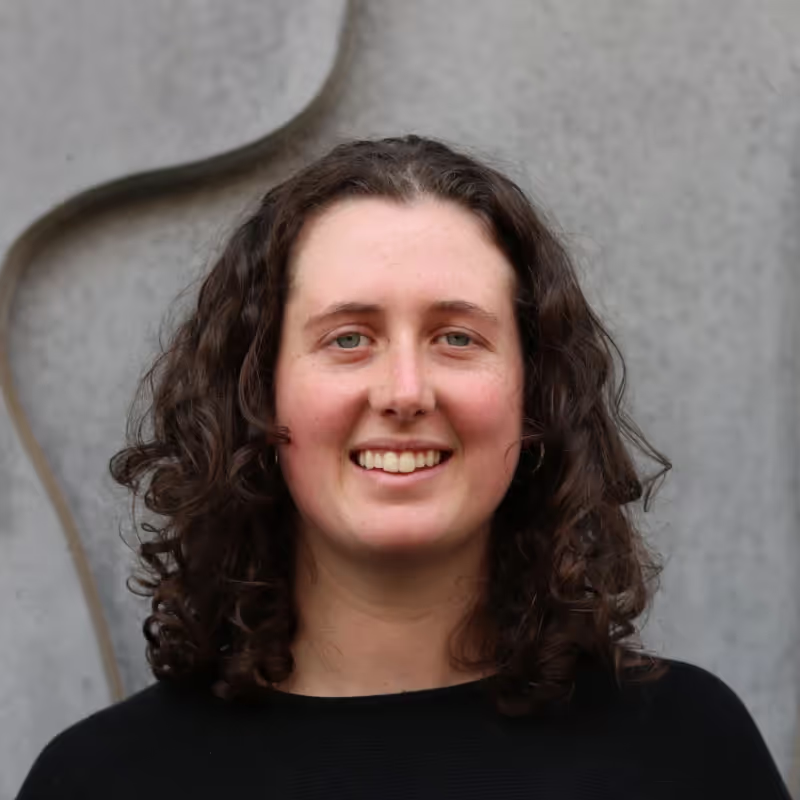Caitlin Kane was a final year Bachelor of Science student, majoring in microbiology, when she undertook at two-month internship with Illumina's Asia-Pacific marketing team in early 2021.
She was excited to learn about a different perspective of genomics, to think of the science in a different way.
"At uni there is a really strong focus on what the lecturers know, which is usually research-based. So, I felt like I had a great understanding of the research side of things, but then there was big black hole in my knowledge about how things actually get applied in industry."
"I learnt that having these new technologies doesn’t actually mean anything if they are not produced, distributed, improved and that there is actually a market for them."
Caitlin's focus was a project on understanding the educational needs of physicians with regards to genomic technologies – how they are used, the best way to access them, and how to talk about them with patients.
"Without having physicians on board, the technologies will not be used, so I was researching how doctors in Australia learn about these types of technologies and what the barriers and drivers are to them getting more involved."
Caitlin came away from the internship with more context about the commercial side of science, a better understanding of the value of communication, and an excitement to see how genomics is applied in the future.
"Even if you are only interested in the academic side of research, the commercial side is still a hugely important area to understand. I learnt about the translation gap in research and how communicating your research is an important part of overcoming it."
The internship reiterated to Caitlin that she was interested in the wider application of science. She has since become involved in a science magazine at the University, and is performing genetic sequencing as part of an honours degree in epidemiology.
She highly recommends the internship program to other students.
"It was so much fun and so different from the opportunities that you would normally get at Uni. I met so many people at all different stages of their degree and background areas – from anatomy, or the tech side, or they hadn't picked a major yet. It was a really interesting experience and would be valuable for people interested in science or marketing."
